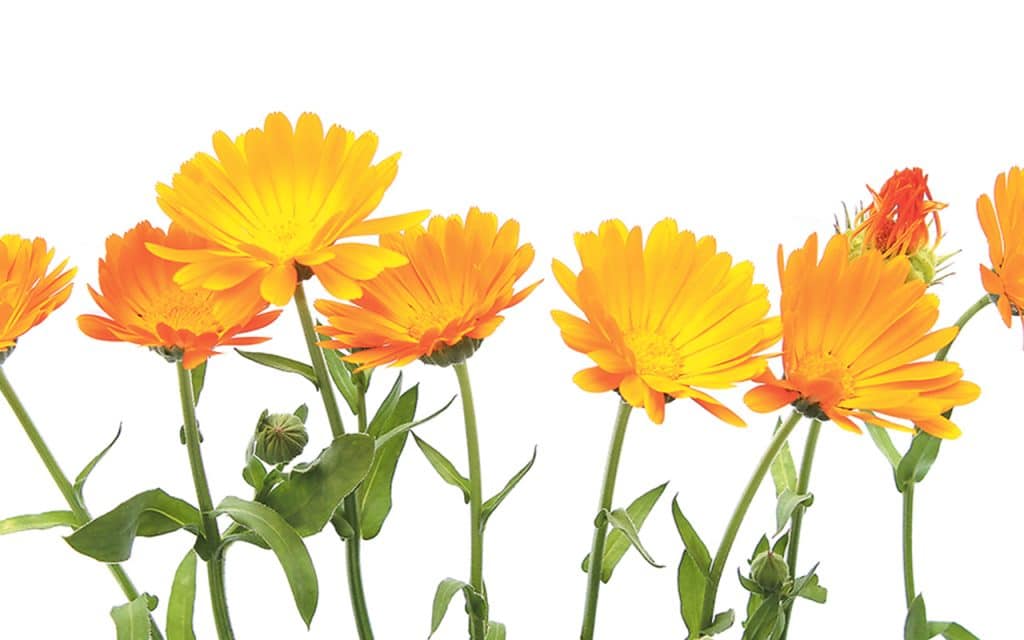
Even though we are in the middle of rain, sleet, snow and ice, it will not be long before gardening starts in earnest, so January is the perfect time to start planning your herb garden. The first decision is to decide if you want one dedicated to culinary herbs or if you would like a few herbs that can be used therapeutically also. A well-planned herb garden offers countless rewards. Because West Cork has a mild climate, it makes it an ideal region to grow a wide variety of herbs.
A thriving herb garden begins with healthy soil. Different herbs thrive in different conditions, so understanding your soil type is essential. West Cork gardens often have well-draining, fertile soil, but some coastal areas may have sandy patches, while inland gardens may lean towards clay. And of course, there is the inevitable wet and shady ground that is excellent for ferns, hellebores and pulmonaria.
You can test the soil and drainage in your proposed garden for drainage by digging a small hole, filling it with water, and observing how quickly it drains. Good drainage is key for most herbs. To check your soil for pH, use a simple soil test kit that you can purchase at garden centre or use the vinegar method. To do this, mix a handful of soil with water and add vinegar. If it bubbles it suggests alkaline soil.
Most soil issues can be remedied by adding compost or well-rotted manure to boost nutrients, mixing sand into clay soil to improve drainage and incorporating organic matter like leaf mould into sandy soil to retain moisture. If space is limited, it is also a good idea to plant herbs in raised beds or large pots.
Before planting, decide on the primary focus of your herb garden. This will guide your plant choices and layout.
• Culinary Herbs: Ideal for adding flavour and nutrients to meals. Some examples are basil, parsley, thyme, rosemary, chives, mint.
• Medicinal Herbs: These are perfect for teas, tinctures, or ointments. Lemon balm, chamomile, calendula, comfrey are all good choices.
• Dual-Purpose Herbs: Herbs that serve both culinary and medicinal needs such as lavender, sage, lemon balm, and garlic.
Chives are easy to grow and are perennial so you will have them again next year. I personally think marigold is a must in any garden, as its flower petals are so colourful when added to salads. More importantly, calendula (marigold) ointment is a very valuable remedy to have in the medicine cabinet. It is useful for all kinds of cuts, sores and bruises.
Some people find it very difficult to grow parsley from seed and it is much easier to buy a pot and transplant it into your herb bed, where it should thrive.
I like to grow rosemary, but it does like a free draining soil just as thyme does. These two herbs will just rot if they do not have good drainage.
Herbs that thrive in good soil are angelica and fennel. These are both tall plants but if you have the space, they are a pleasure to grow.
Planning your herb garden now ensures you’re ready to plant as soon as spring arrives. An herb garden is more than just a collection of plants — it’s a source of nourishment, medicine, and beauty. Whether your goal is to increase your culinary expertise by adding herbs to food or to learn how to brew calming teas, your garden will be a reflection of your love of plants and your realisation of how much they give us.



